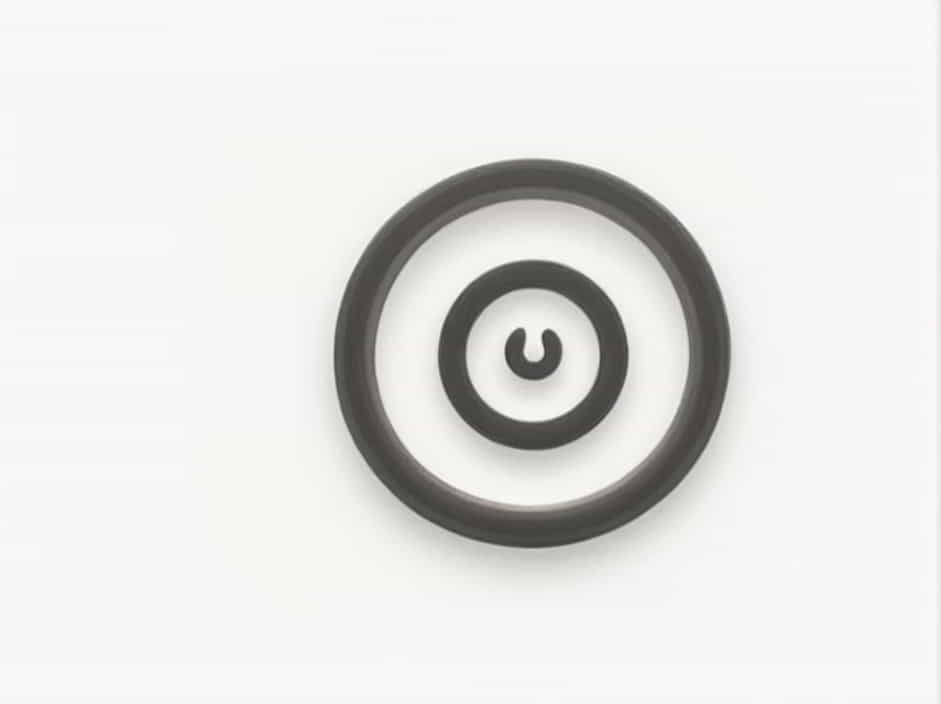The word plenteous is an adjective that means abundant, plentiful, or existing in large quantities. It is often used to describe something that is more than enough, whether it is resources, food, blessings, or opportunities.
This topic explores the definition, synonyms, usage, examples, and significance of the word plenteous in both modern and historical contexts.
Definition of Plenteous
What Does Plenteous Mean?
Plenteous refers to something that is available in great quantity or more than sufficient. It is an old-fashioned or poetic term, often found in literature, religious texts, and classical English writing.
Synonyms of Plenteous
Some common synonyms of plenteous include:
- Abundant
- Bountiful
- Copious
- Lavish
- Profuse
- Ample
- Generous
Each of these words conveys a similar meaning but may be used in different contexts.
The Origin of the Word Plenteous
The word plenteous originates from the Middle English term plentevous, which comes from the Old French word plenteus, meaning full of plenty. It is derived from the Latin word plenus, meaning full.
Although plenteous is less commonly used today, it still appears in literature, poetry, and religious scriptures, maintaining a formal or classical tone.
Usage of Plenteous in Sentences
To better understand how plenteous is used in everyday language, here are some example sentences:
- The farmer’s harvest was plenteous this year, providing enough food for the entire village.
- Her garden was plenteous with colorful flowers, making it a beautiful sight in spring.
- The king’s generosity was plenteous, and he gave freely to those in need.
- Rainfall was plenteous in the region, ensuring a bountiful supply of fresh water.
- The forest was plenteous with wildlife, offering a home to countless species.
These examples show how plenteous is often used to describe natural abundance, generosity, or blessings.
Differences Between Plenteous and Plentiful
Many people confuse plenteous with plentiful, as both words have similar meanings. However, there are subtle differences in their usage:
| Plenteous | Plentiful |
|---|---|
| Often used in a poetic or literary context | Common in modern English |
| Describes blessings, resources, or qualities | Describes physical quantities |
| Example: “The land was plenteous in riches.” | Example: “Fruits were plentiful in the market.” |
Both words indicate abundance, but plenteous carries a more elegant or old-fashioned tone.
Common Contexts Where Plenteous Is Used
1. Literature and Poetry
Many classic writers and poets use plenteous to create a majestic or poetic effect. It gives a sense of grandeur and richness to the writing.
Example:
“The fields were plenteous with golden wheat, swaying gently in the summer breeze.”
2. Religious and Spiritual Texts
The word plenteous frequently appears in religious scriptures to describe divine blessings, mercy, and goodness.
Example (from the Bible – Psalm 103:8, KJV):
“The Lord is merciful and gracious, slow to anger, and plenteous in mercy.”
3. Describing Nature and Resources
The term plenteous is used to describe natural abundance, such as fertile lands, lush forests, and abundant rainfall.
Example:
“The rivers were plenteous with fish, ensuring the survival of the coastal communities.”
4. Historical and Formal Writing
In historical documents and formal essays, plenteous is used to emphasize prosperity and wealth.
Example:
“The kingdom was plenteous in trade and riches, attracting merchants from distant lands.”
Why Understanding Plenteous Is Important
1. Expanding Vocabulary
Learning words like plenteous helps enhance your vocabulary, making your writing and speech more expressive.
2. Appreciating Classical Literature
Understanding plenteous allows readers to enjoy classic literature and religious texts more deeply.
3. Using More Elegant Language
Instead of saying “there is a lot of something,” you can use “plenteous” to sound more sophisticated and articulate.
When to Use Plenteous in Modern Conversations
While plenteous is not commonly used in casual conversations, it can still be effective in formal speeches, literary writing, and poetic expressions.
For everyday speech, “plentiful” or “abundant” is more commonly used. However, if you want to sound more refined or classical, using plenteous can add a unique touch.
Examples of Plenteous in Famous Quotes
Here are some famous quotes where plenteous is used:
- “He that hath plenteous crops must give unto those who have none.” – Unknown
- “Nature is plenteous in her gifts, offering beauty and wonder at every turn.” – Poetic Reflection
- “May your days be plenteous with joy and your heart filled with peace.” – Traditional Blessing
These examples show how plenteous is often associated with generosity, blessings, and abundance.
The word plenteous means abundant, full, or existing in great quantity. While it is considered an old-fashioned or poetic term, it is still valuable in literature, religious texts, and formal writing.
Understanding and using plenteous can enrich your vocabulary, making your speech and writing more elegant. Whether describing nature, blessings, or prosperity, the word plenteous conveys a sense of richness and abundance in a beautiful way.
